Calcium
Health benefits of Calcium:
Is essential for your bones and teeth, for your cells as they divide and specialise and contributes to your energy creation, digestion and muscle function
The Worlds Science
See the bottom of this page for the ingredients highest in calcium
What is calcium?
Calcium is a silvery-white, soft metallic element1.
Calcium is a silvery-white, soft metallic element1.
Calcium is also the most common mineral in our bodies, almost all of which is present in your bones and teeth2.
Why does it matter to me?
Energy Yielding Metabolism
Calcium is vital to ensure the generation of energy in cells by contributing to the metabolism of Adenosine Triphosphate (ATP). Therefore, it yields energy and makes you feel more energetic3.
Digestive Enzymes
Calcium also plays a role in the digestion of food because it is a component of enzymes that break down important molecules such as fats and proteins4,5.
Cell division and Specialisation
In order to form and maintain healthy organs in tissues the cells of the body must divide and specialise to form many different functions. Calcium is essential to ensure that this happens successfully6.
Blood Clotting
The ability of blood to clot in the event of injury or disease is necessary to sustain life and calcium is plays an important role in the cascade of reactions that enables this to happen7,8.
Bones and Teeth
It is well known that the vast majority (>99%) of calcium in the body is present in the bones and the teeth. In these structures it exists as a mineral called hydroxyapatite and meeting the RDA for calcium has been shown ensure healthy bone and tooth development in children and the maintenance of bone density in adults9,10.
Muscles
Less known is the important role that calcium plays in stimulating stem cells to become specialised muscle cells during the normal development of skeletal muscle11. In addition, calcium is also vital to ensure that cardiac muscle works well to maintain a regular healthy heartbeat that responds effectively to changes in oxygen demand during exercise12.
Blood Pressure and CVD
High blood pressure has been identified as a major health issue and even small reductions in blood pressure can decrease the occurrence of cardiovascular disease, stroke and death. There is wealth of evidence to support the support the fact that high levels of dietary calcium reduces blood pressure in children and adults of both sexes although the effect appears to decrease as we get older13.
Neurotransmission
One of the most interesting features of calcium is its ability to influence the way in which brain cells communicate with each other since this also has potential implications for the development of neurological disorders such as Alzheimer’s and Parkin’s disease. The relationship between calcium and its effects on brain pathologies are currently an active area of research14,15.
Review date: 1/12/2024
Next review date: 1/10/2025
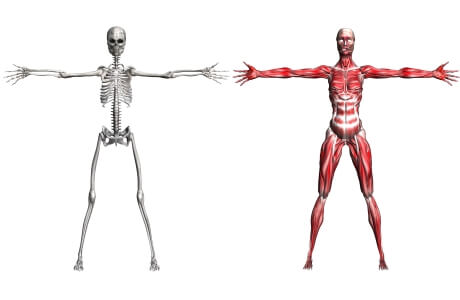
291
445
https://www.checkyourfood.com/content/blob/Micronutrients/top-foods-for-Calcium.jpg
Top 6 ingredients for Calcium taking into account portion size and cooking retention factors
Filter ingredients by:

 About nutrients
About nutrients
 All nutrients
All nutrients
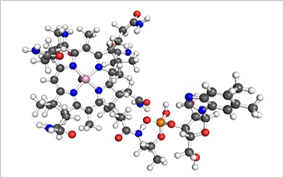 vitamins
vitamins
 minerals
minerals
 phytochemicals
phytochemicals
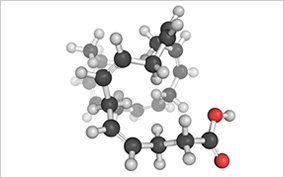 fatty acids
fatty acids
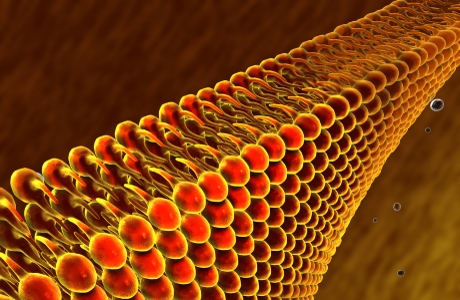 macronutrients
macronutrients
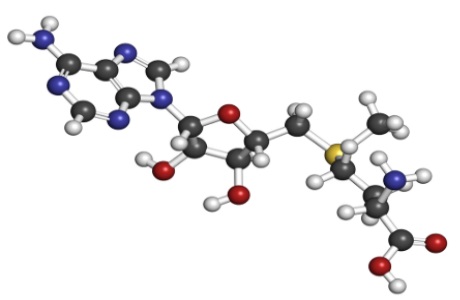 amino acids
amino acids









